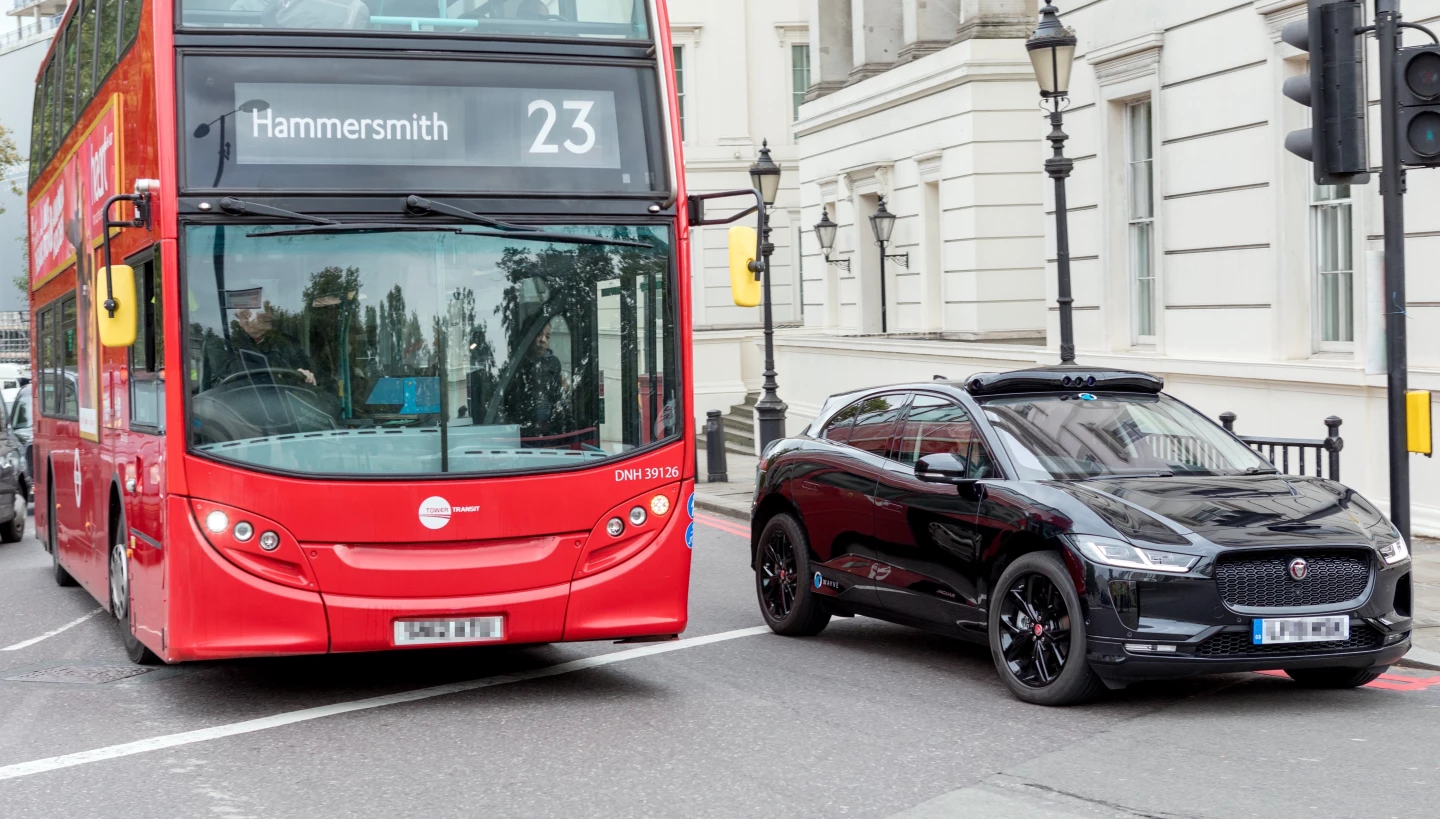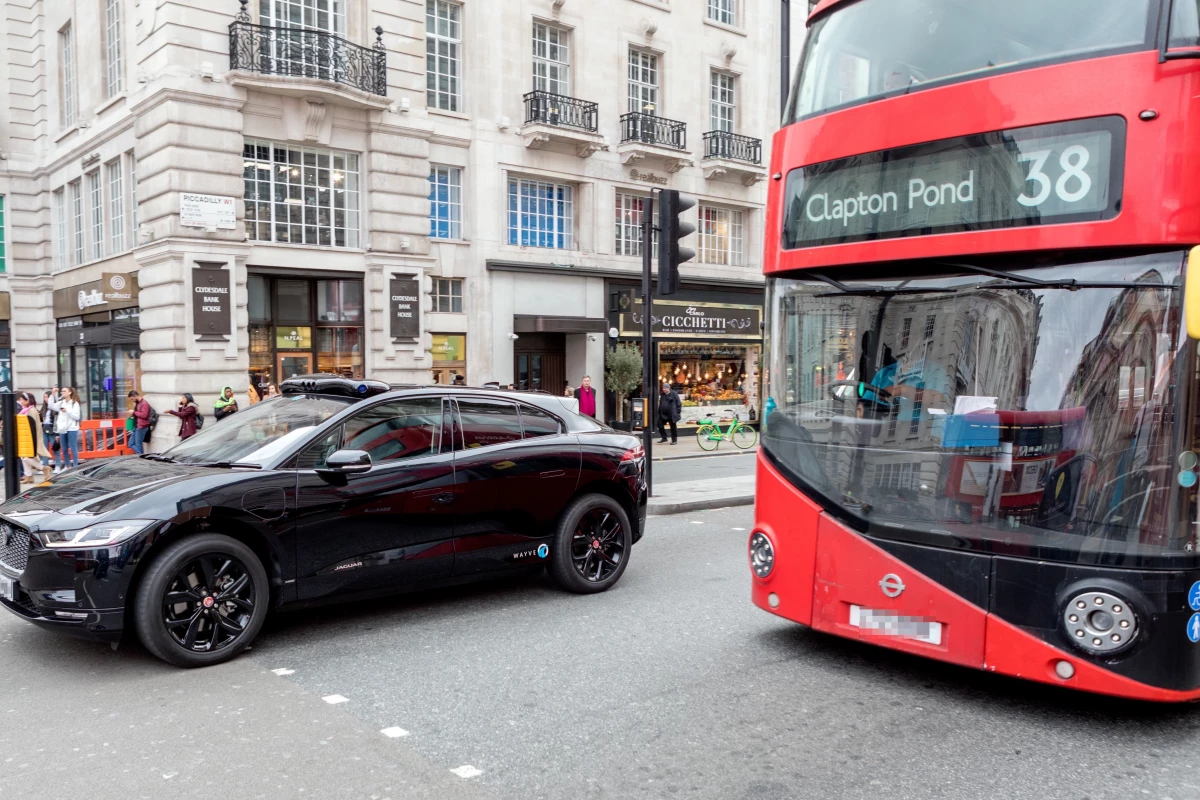A startup founded by two university students has announced that it's received a cash injection that will allow it to launch a pilot fleet of self-driving vehicles in central London.
Founded in 2017 by Dr. Alex Kendall and Dr. Amer Shah, then Ph.D students at the University of Cambridge, Wayve's modified self-driving Renault Twizy electric quad has already taught itself to drive from scratch in 20 minutes, and added a camera sensor and GPS into the mix to navigate around never-before-encountered urban environments.
Rather than relying on hand-coded rules, the Wayve system makes use of machine learning. By copying the driving behaviors of expert human drivers, while also noting when a safety driver needs to intervene, the system gains driving experience in much the same way as a human would when taking lessons.

Now the tech has been moved into a Jaguar iPace EV, with a fleet about to be rolled out onto the streets of London as part of a self-driving trial thanks to successful Series A funding. Investment of US$20 million has been secured from Eclipse Ventures, along with Balderton Capital, as well as existing investors Compound, Fly Ventures, Firstminute Capital and others.
"The average human learns to drive in just 50 hours with visual input primarily," said Suranga Chandratillake from Balderton Capital. "Once we have learned, we are capable at driving on roads around the world despite vastly differing traffic laws and cultural context. Wayve's self-driving technology is the closest to this human approach to learning. The great advantage of solving the problem this way is that it is robust in the face of a global opportunity."
Sources: Wayve, University of Cambridge






